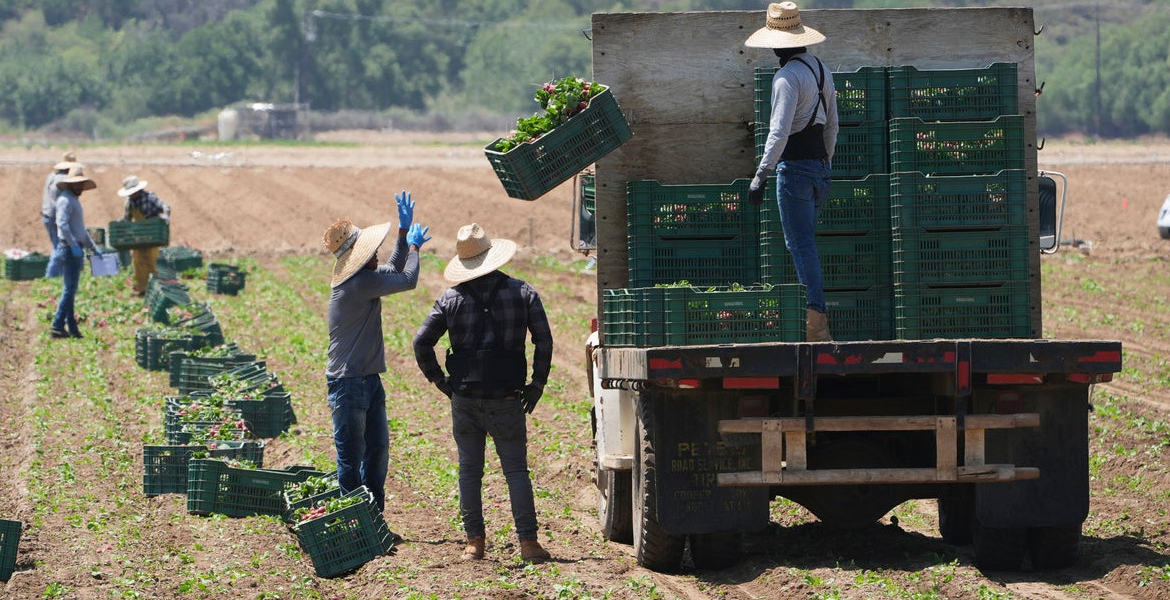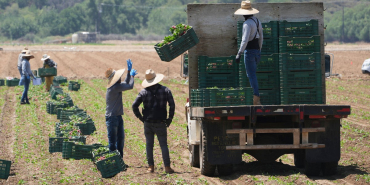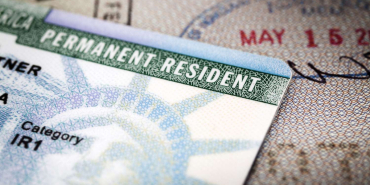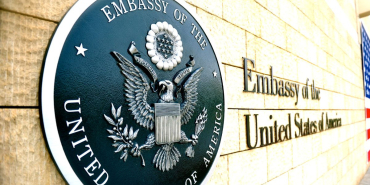ICE Raids Resume Nationwide as Trump Targets Undocumented Workers

The Trump administration has reinstated workplace immigration raids, reversing a brief pause that had been implemented amid concerns over potential economic disruptions.
The policy shift, announced Sunday, signals a renewed crackdown on undocumented labourers across various sectors, including agriculture, hospitality, and construction. The decision follows a short-lived suspension of Immigration and Customs Enforcement (ICE) raids in these industries, initiated last Thursday.
President Trump had temporarily halted the operations after industry leaders voiced concerns about impending labour shortages, acknowledging the reliance of these sectors on immigrant workers, many of whom are undocumented or participating in temporary humanitarian programs that his administration has actively sought to curtail. However, the reprieve was short-lived. Following intense pressure from hardline immigration advisors, President Trump ordered ICE to resume workplace raids with immediate effect.
The administration has articulated its goal of implementing the "largest mass deportation program in history," with a particular focus on major urban centres, many of which are governed by Democratic administrations. Agriculture Secretary Brooke Rollins initially advocated for the temporary pause, reportedly in response to pressure from industry stakeholders who warned of significant economic consequences.
Conversely, immigration hawks, led by Deputy Chief of Staff Stephen Miller, vehemently opposed the measure, ultimately prevailing in their argument for resuming aggressive enforcement measures. Miller has long championed intensified workplace raids as a deterrent to illegal immigration, pushing ICE to achieve a daily target of 3,000 arrests, a figure that far exceeds the current rate, which has stagnated at approximately 2,000 arrests per day.
The renewed emphasis on aggressive enforcement reflects the administration's broader strategy of targeting undocumented workers on a large scale. Critics warn that the administration's renewed focus on workplace raids could trigger a severe economic fallout, while proponents maintain that such measures are necessary for national security and economic stability. Undocumented immigrants constitute approximately 4.6% of the US workforce, amounting to over seven million individuals.
Their contributions are particularly significant in sectors such as agriculture, food processing, and hospitality, where labour shortages could significantly disrupt production and service delivery. Labour organisations have been critical of the administration's approach, arguing that the brief pause was never fully implemented. The United Farm Workers (UFW), representing agricultural labourers, dismissed claims of any substantial policy shift, citing ongoing arrests within farm worker communities.
The organisation has accused ICE of employing intimidation tactics that destabilise the workforce and disrupt essential industries. Despite economic concerns, President Trump has reiterated his commitment to stringent immigration enforcement, asserting that there will be "no safe spaces" for industries employing undocumented workers. Department of Homeland Security (DHS) officials have emphasised that worksite enforcement remains a cornerstone of their broader strategy to safeguard national security.
The decision to reinstate workplace raids aligns with broader efforts to harden immigration policies, as ICE operations have expanded in major metropolitan areas, often with support from federal agencies such as the FBI and Customs and Border Protection. Recent enforcement actions include large-scale arrests at meatpacking plants, with a single operation in Omaha, Nebraska, resulting in the detention of over 70 migrants.
Public opinion on President Trump's immigration tactics remains divided. Recent surveys indicate declining approval among voters concerned about the humanitarian and economic impact of mass deportations. Beyond immediate enforcement measures, the administration continues to pursue legal avenues to restrict immigration protections.








Add new comment